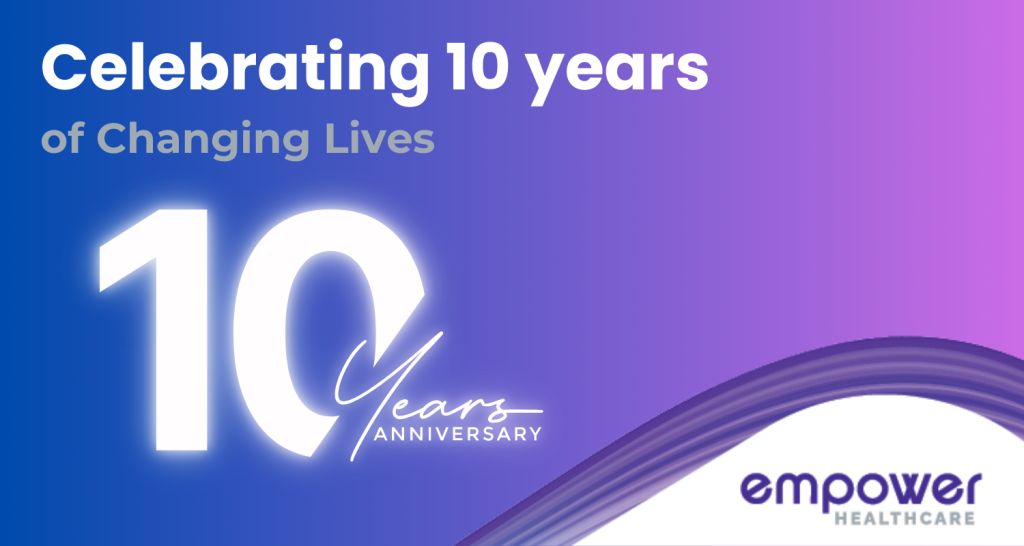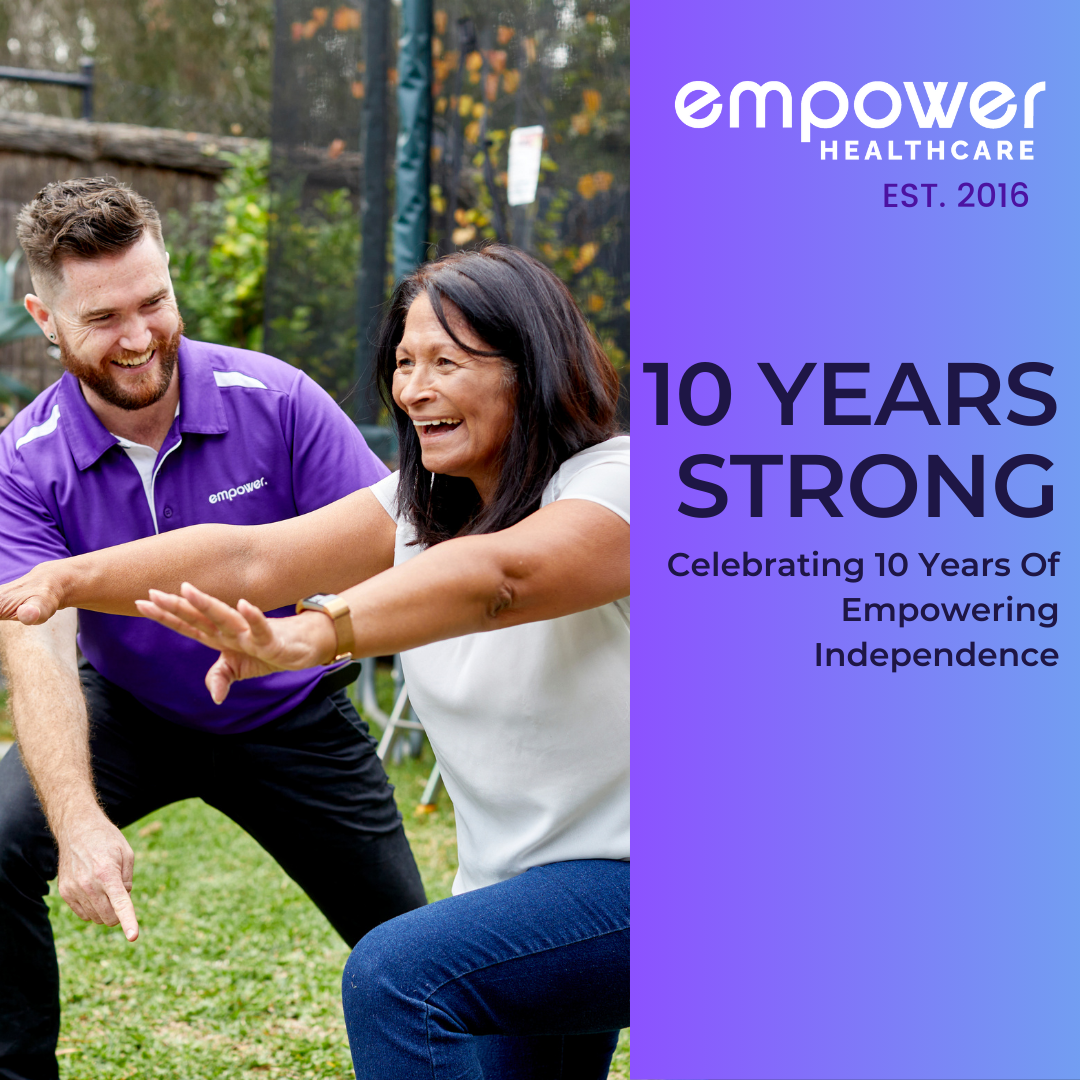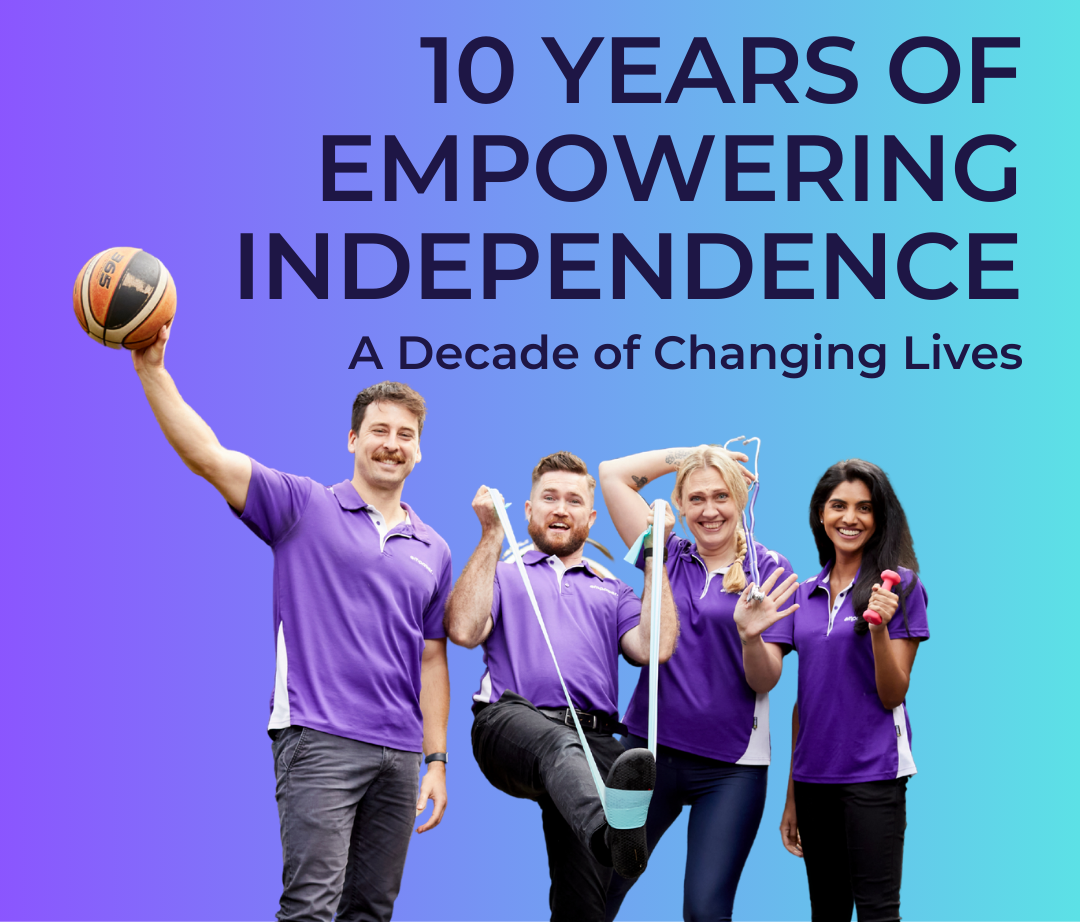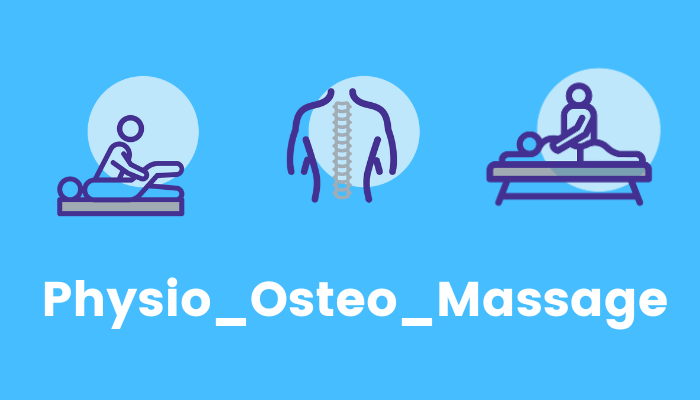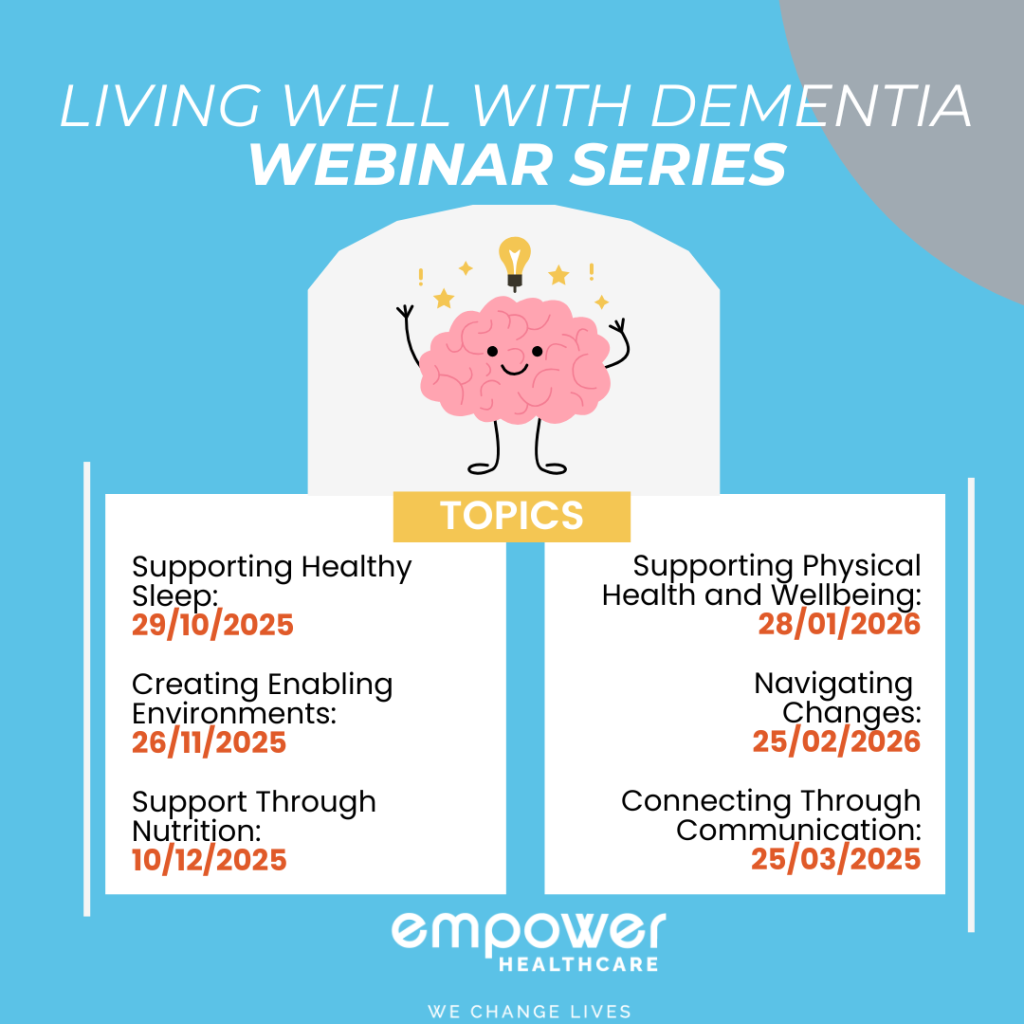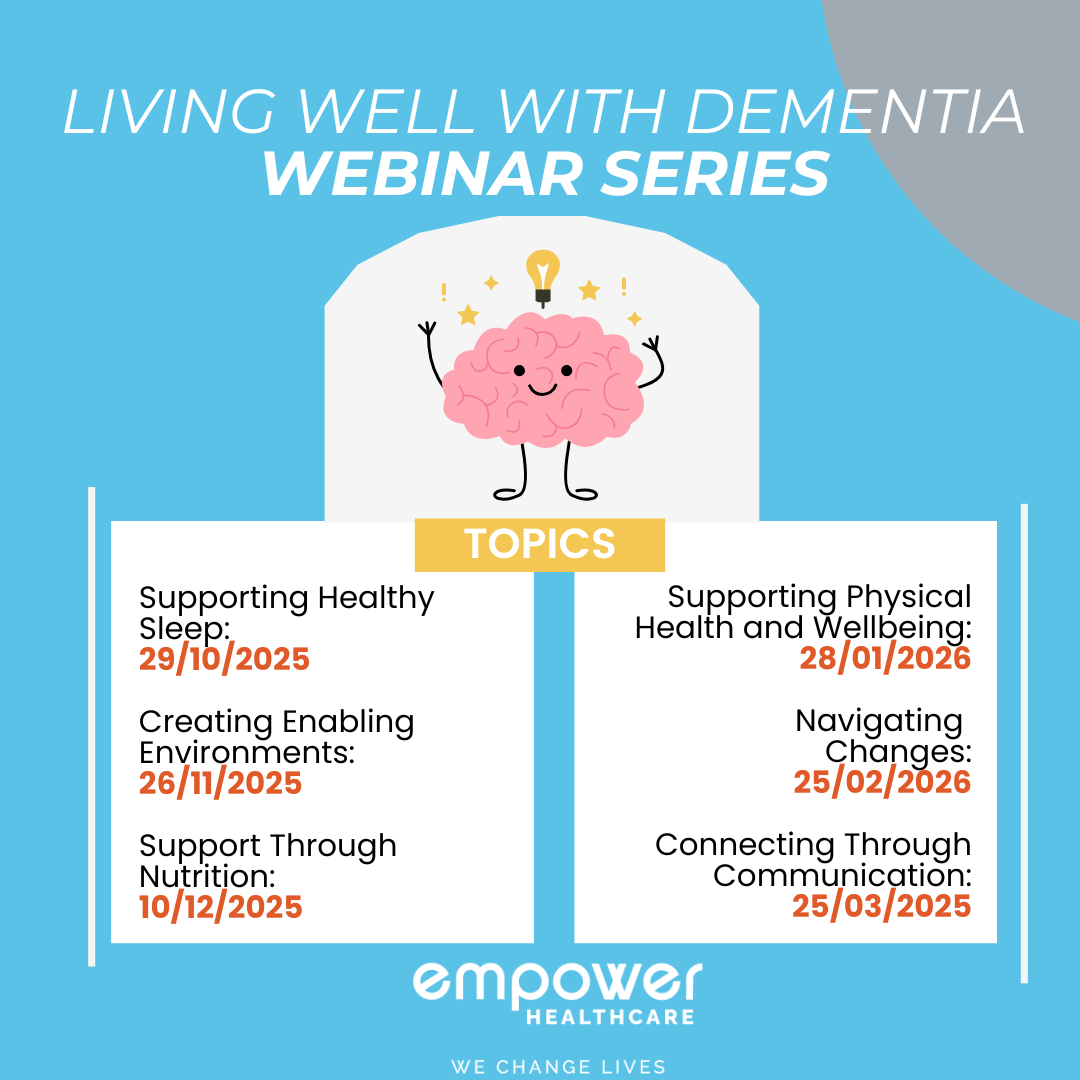Ten years ago, Empower Healthcare began with a simple but ambitious purpose: to deliver evidence‑informed, person‑centred allied health that genuinely improves independence, function, and quality of life. A decade later, that purpose hasn’t wavered — it has strengthened.
This anniversary isn’t just a marker of time. It’s a celebration of the clinicians who bring expertise and compassion into homes, workplaces, and communities across Australia. It’s a tribute to the individuals and families who have trusted us to walk beside them. And it’s a moment to reflect on the impact that reablement‑focused care can have when delivered consistently, thoughtfully, and with heart.
A Decade of Reablement in Action
For ten years, our clinicians have supported Australians to stay active, independent, and connected. From early intervention to complex care, from aged care to workplace health, our approach has always centred on one question: What will help this person live the life they choose?
Reablement isn’t a buzzword for us — it’s the backbone of our practice. It’s the quiet, steady work of building capability, confidence, and long‑term outcomes. And after a decade of delivering this model at scale, the results speak for themselves: improved function, reduced risk, greater participation, and thousands of stories of people achieving more than they thought possible.
10 Years of Impact: Real People, Real Outcomes
Across metropolitan, regional, and rural communities, our clinicians have supported Australians through:
- Restoring mobility and strength after injury or illness
- Supporting older adults to remain safely at home
- Improving communication, swallowing, and cognitive function
- Enhancing wellbeing through tailored exercise and therapy programs
These outcomes aren’t abstract — they’re deeply personal. They’re the moments when someone takes their first independent step after a fall. When a client returns to a beloved hobby. When a family feels supported and informed.
Clinicians at the Heart
Our 10‑year milestone is a tribute to the clinicians who show up every day with professionalism, empathy, and a commitment to best practice. Community‑based allied health is not easy work — it requires adaptability, clinical depth, and the ability to build meaningful relationships in diverse environments.
Over the coming months, we’ll be sharing Clinician Reflections: stories, insights, and moments that have shaped their practice. Because a decade of community care has taught us something important — meaningful outcomes start with meaningful relationships.
Thank You, Australia
For ten years, individuals, families, aged care providers, and community partners have trusted us with their wellbeing. That trust means everything. We’re proud to have walked beside so many Australians, and we’re grateful for every relationship built along the way.
Looking Ahead: The Next Decade of Allied Health
While anniversaries invite reflection, they also spark momentum. The next decade will bring new challenges, new opportunities, and new ways to strengthen capability, innovation, and quality across allied health.
We’re ready for it.
From day one to year ten, our purpose has remained steady: empower independence with evidence‑informed, person‑centred care. And we’re just getting started.
Here’s to the next decade of improving function, confidence, and quality of life across Australia.
…

